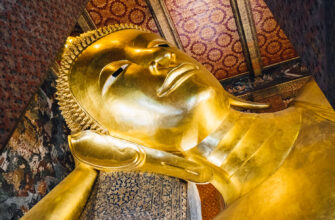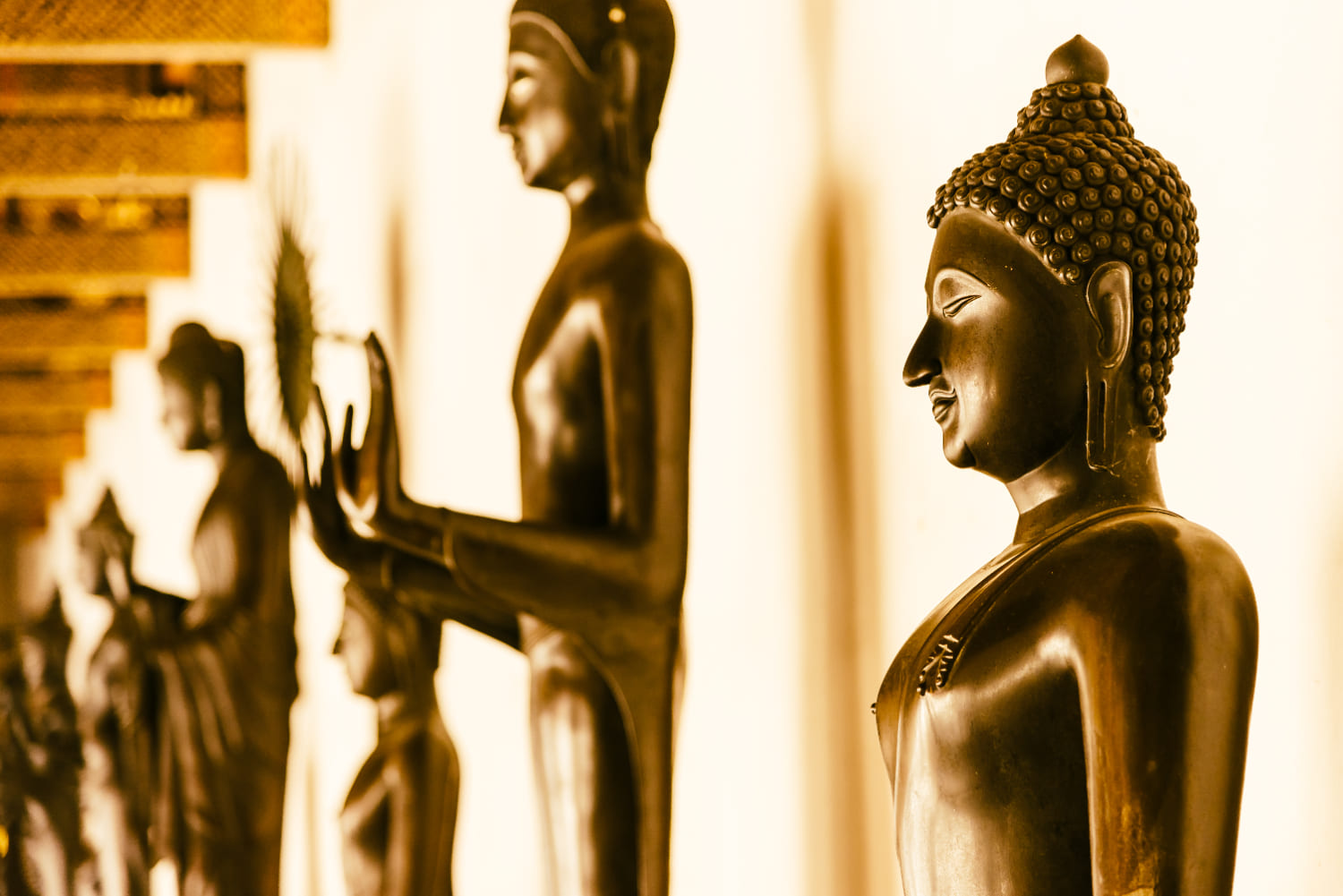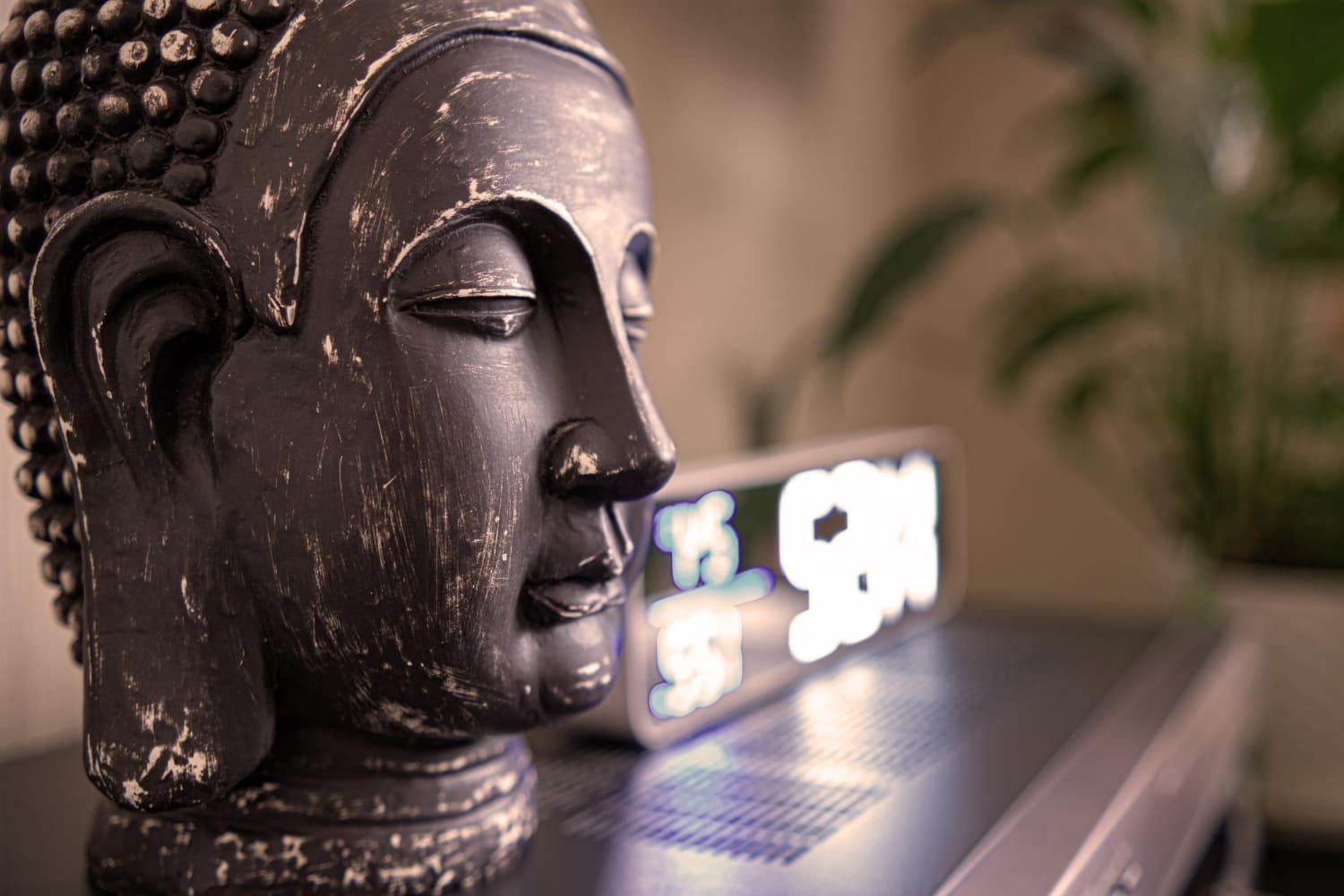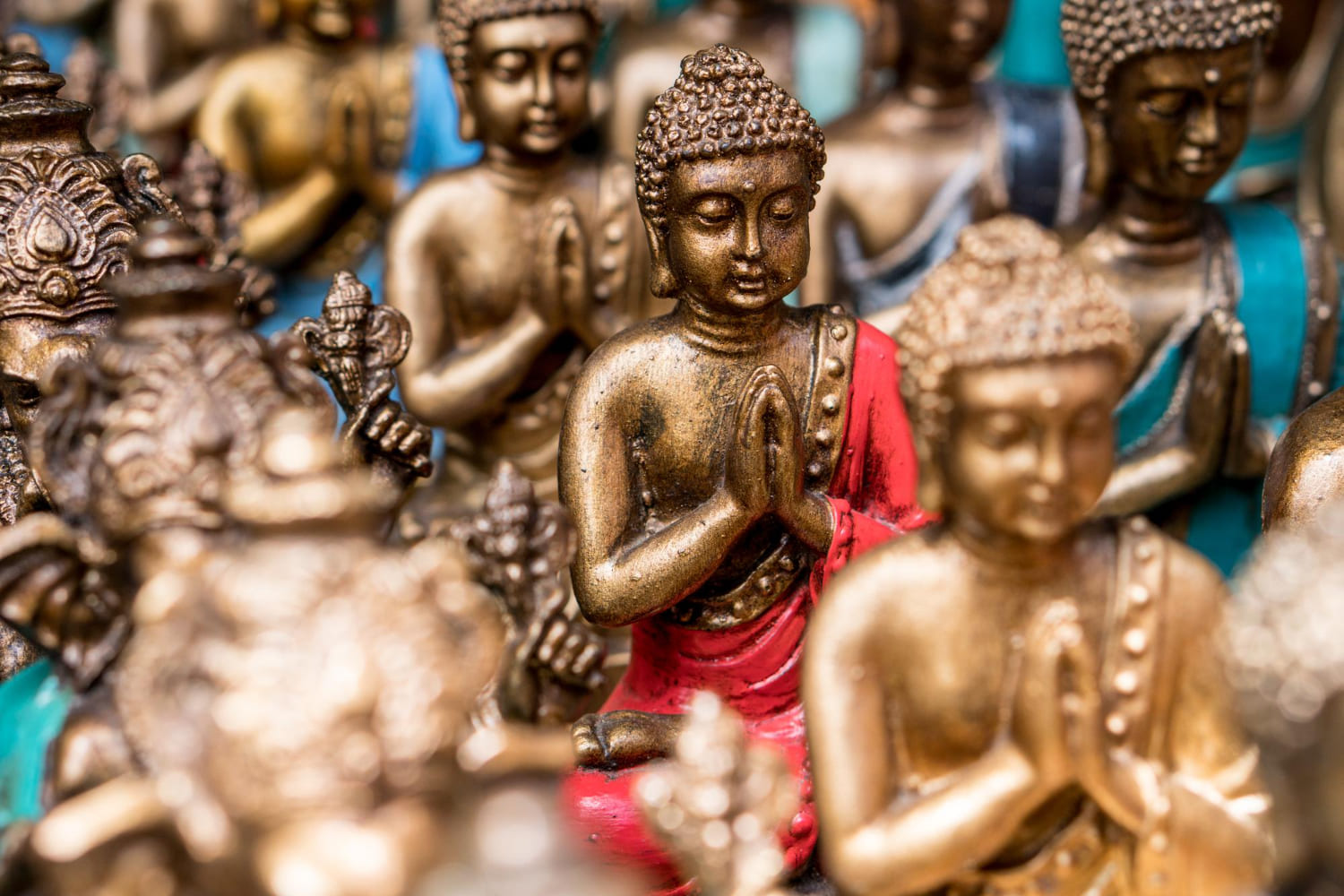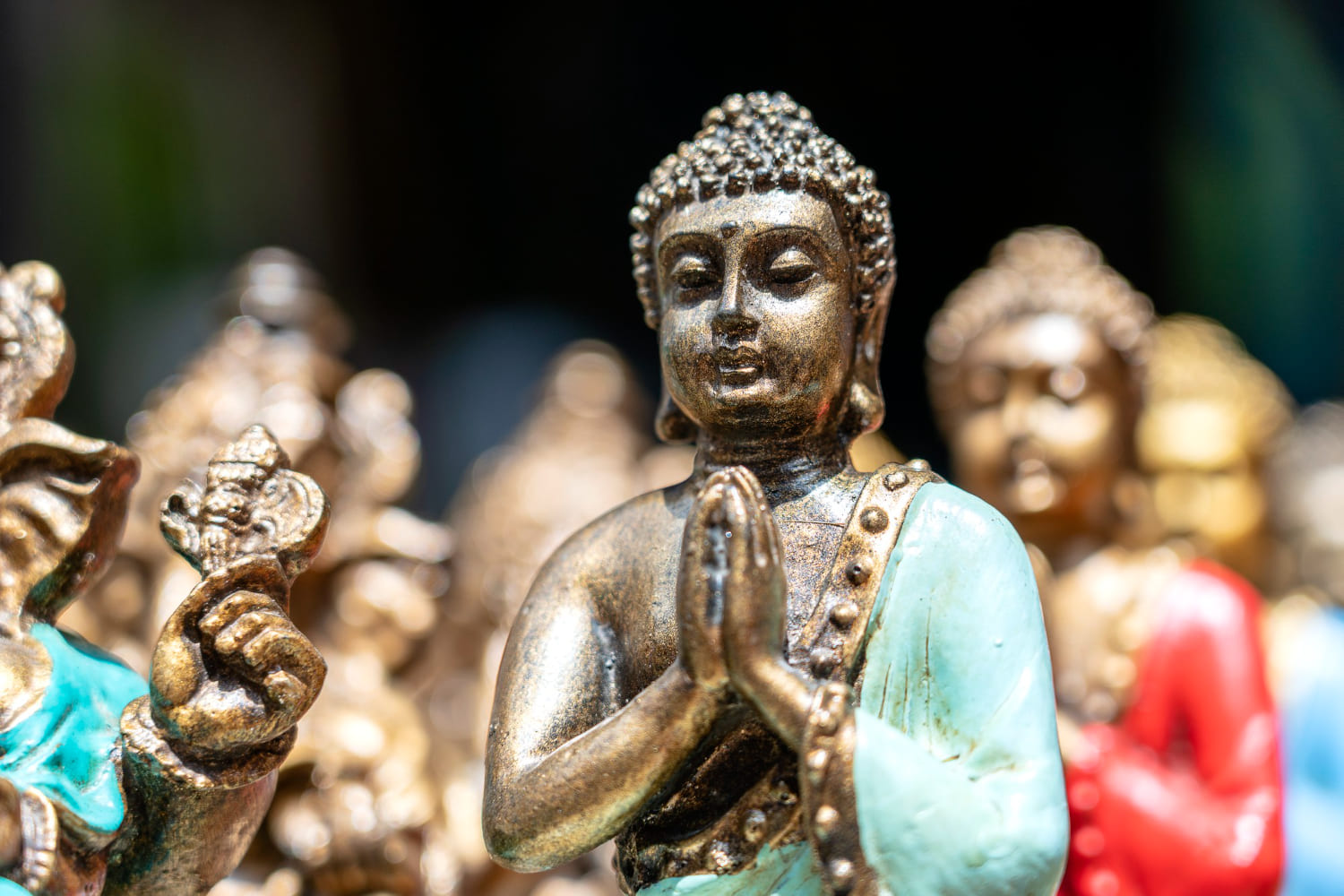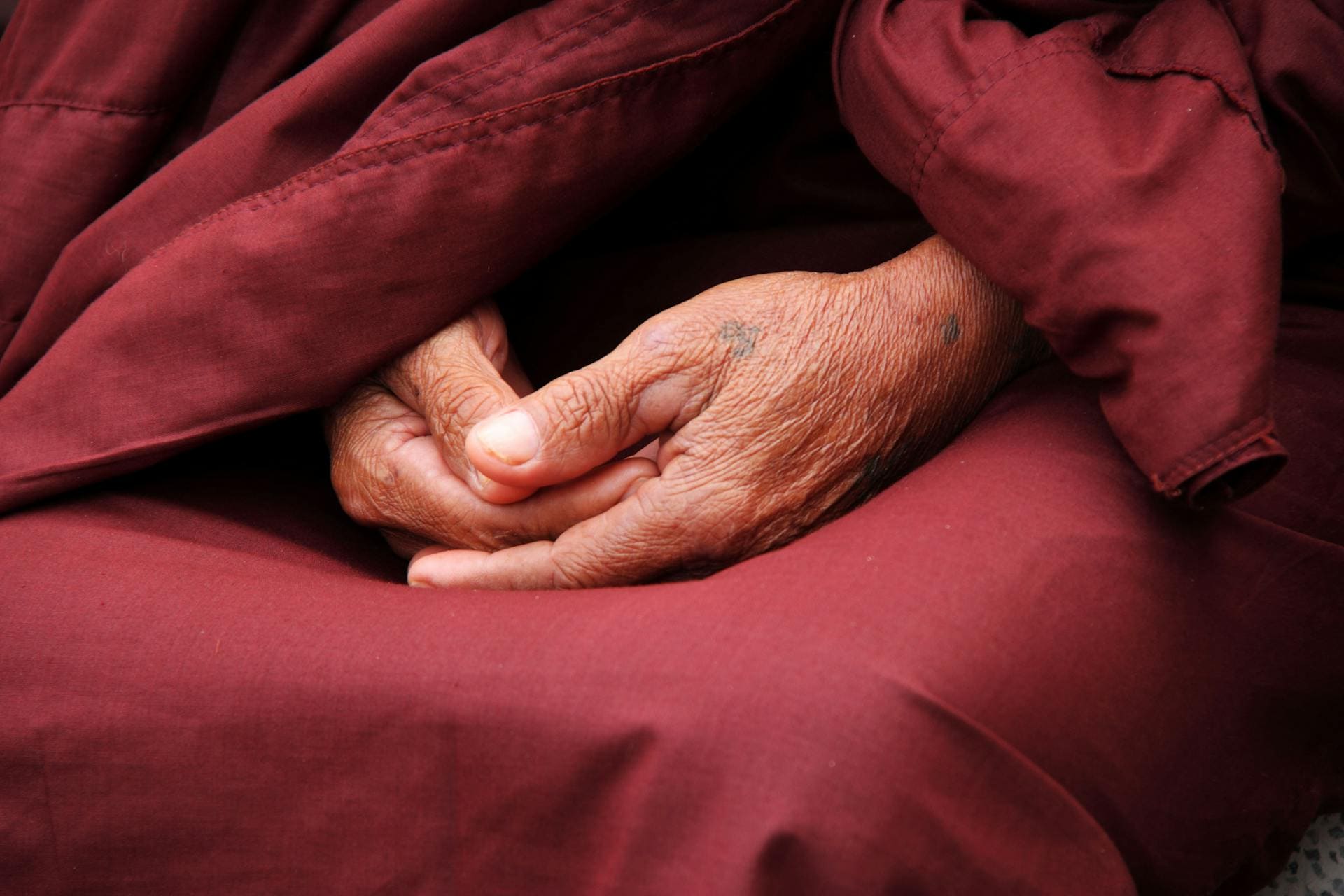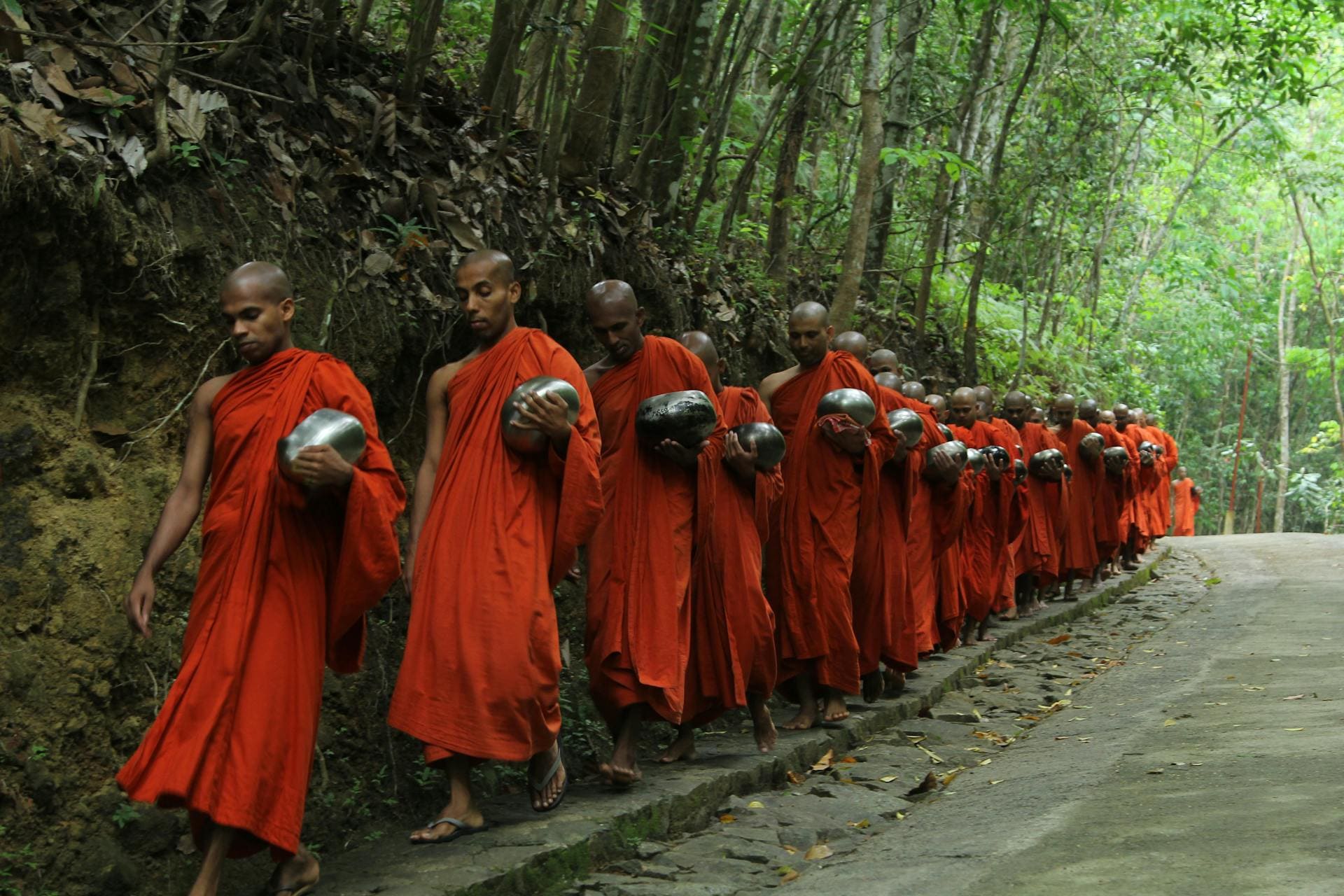Buddhism is known to be a peaceful religion and is one with very important practices that must be followed.
One such tenet of importance is the Buddhist diet.
For instance, do Buddhists eat meat?
Yes, Buddhists can eat meat but most do not. Meat is not strictly forbidden by religious doctrine, although taking the life of an animal is.
Most Buddhists follow a vegetarian diet, so their diet is absent of meat. Not all Buddhists follow this particular rule, or they have certain exceptions.
Buddhist monks or those who follow a strict Buddhist regimen will abstain from eating meat, and may also abstain from eating fish and animal byproducts.
As with many rules in religions, it is not necessarily expected that everyone follows them; those who dedicate their lives to Buddhism by way of being a monk or an especially devoted follower will usually follow the Buddhist diet in a very disciplined manner.
Can Buddhists Eat Meat?
Many who take up being a monk or a nun in many Buddhist sects will not eat meat because it involves the killing of an animal.
For those who practice Buddhism, life is considered a very sacred thing despite no life being permanent.
In some sutras or teachings, in the Buddhist faith, it was told not to eat anything that was sentient.
Buddhism features five ethical principles that are shared amongst most sects, and these ethical principles are considered to be especially important.
The issue with the particular precept is that it doesn’t call for vegetarianism in so many words.
It simply revolves around how a Buddhist is meant to regard life.
Why Don’t Buddhists Eat Meat?
Buddhists who don’t eat meat don’t do so because they don’t believe in the intentional ending of another’s life.
This includes animals, and since animals have to die for people to eat meat, they abstain from it.
Even if the Buddhist eating meat didn’t kill the animal, they would still be benefiting off of the animal’s death.
Since it would be particularly difficult for one to source meat safe for consumption without it being slaughtered, it would be especially difficult for a Buddhist to find meat to eat that wouldn’t involve the purposeful killing of an animal.
Should it be possible to find meat without the purposeful killing of an animal, as the animal happened to die naturally, it technically doesn’t break the ethical practice.
Eating a meatless diet is also more accessible for some Buddhists, especially those who live the simple, humble Buddhist way of living.
Whether a Buddhist eats meat or not may also depend on which form of Buddhism they practice, as well as how their potential spiritual advisor or mentor guides them.
In the earlier decades of Buddhism, being vegetarian was a much more commonly held belief than now.
Do Buddhists Eat Animal Byproducts?
Those who follow a strict Buddhist way of life will not eat animal byproducts, though some might eat dairy.
This is because animals are not killed in order to produce dairy products.
Since any of the teachings surrounding what Buddhists would practice involved vegetarianism as opposed to veganism, it’s not as clear whether or not a Buddhist should abstain from byproducts.
Why Do Some Buddhists Still Eat Meat?
The Buddhist faith does not have any specific rule stating that it’s not okay to eat meat.
As mentioned, the specific teaching of the faith is not to kill.
Since most aren’t involved in the direct killing of an animal in order to have meat to eat, it’s interpreted by some as not breaking that very important ethical teaching.
What Are The Different Buddhist Teachings Around Vegetarianism?
One might not realize that there are several sects within Buddhism, and each of them slightly varies in the way they observe certain teachings.
For example, the Mahayana sect views being vegetarian as an important part of being a true Buddhism follower.
In the Vajrayana sect, the rules are much less strict surrounding what a Buddhist can consume.
Final Thoughts
Most Buddhists will eat a vegetarian diet for the most part, with some Buddhists following this kind of diet more strictly than others.
Some Buddhists are flexible while maintaining a vegetarian diet the majority of the time.
What seems to be important is that one is grateful for any sacrifice made and that a Buddhist does not take part in any killing, especially if it’s excessive or unnecessary.
